Guide to the Access to Information Law #3
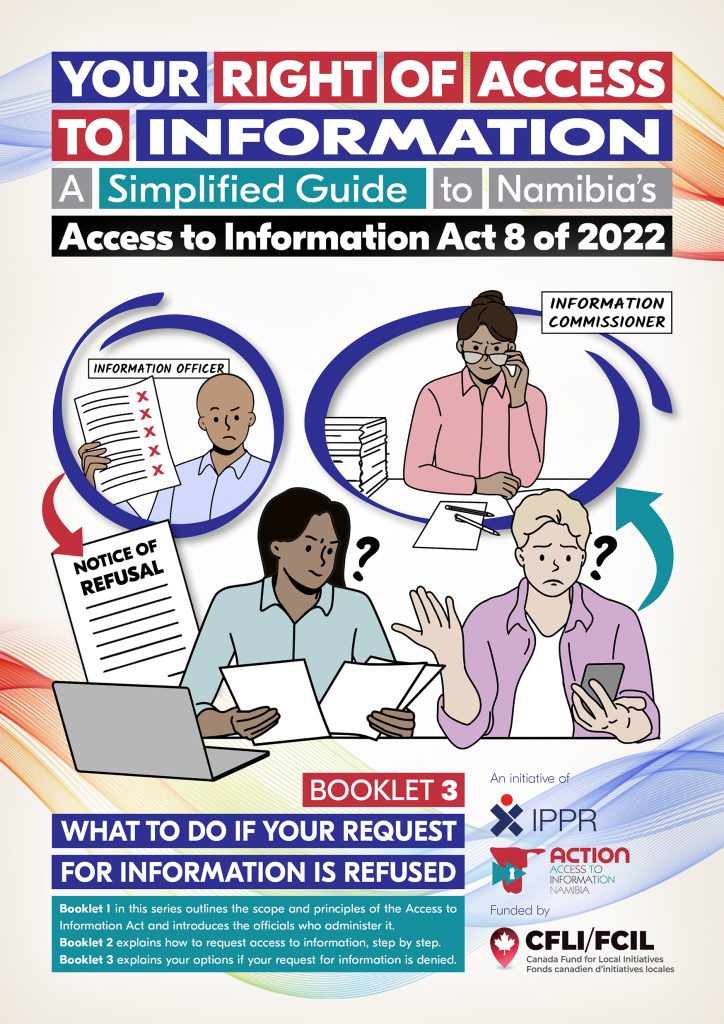
The third in a series of three booklets that explain how the layperson can use the Access to Information Act. This booklet looks at what can be done if your request for information is refused. The first and second booklets in the series are available here and here
Guide to the Access to Information Law #2
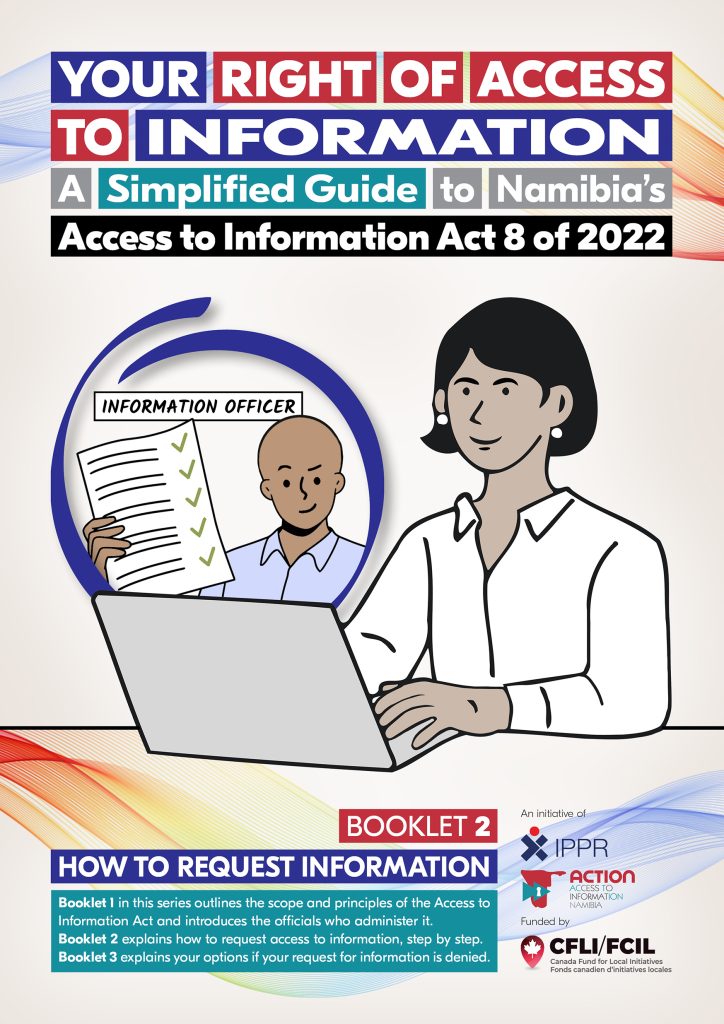
The second in a series of three booklets that explain how the layperson can use the Access to Information Act. This booklet gives a step by step guide to how to request information. The first and third booklets in the series are available here and here
Guide to the Access to Information Law #1
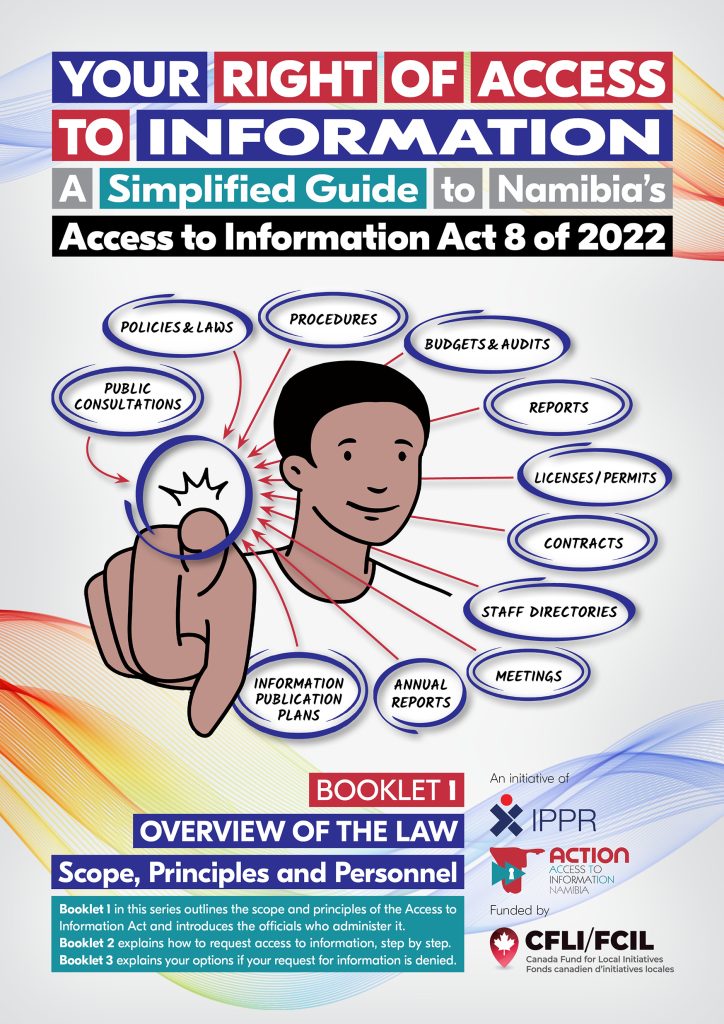
The first in a series of three booklets that explain how the layperson can use the Access to Information Act. This booklet outlines the scope and principles of the law and introduces the officials who administer it. The second and third booklets in the series are available here and here
The Opaque World Of Political Party Finance
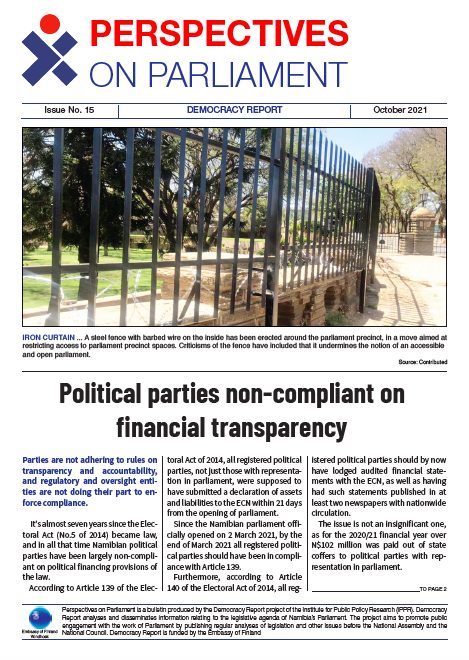
This edition of the IPPR’s Perspectives on Parliament bulletin examines the worrying lack of transparency and accountability that marks political party funding in Namibia. In addition, the publication asks if the current Access to Information bill is up to scratch or if it can still be improved? Also in the spotlight is the dispute over […]
IPPR defiant after Tweya barbs
The barbed reaction by information and communication technology minister Tjekero Tweya to the findings of the ‘Access Denied’ report, highlighting the dire state of access to information in Namibia’s public and private sectors, has been met with disappointment and a firm rebuttal by its authors.
The Institute of Public Policy Research (IPPR) on Tuesday promptly defended its report, which was published in December last year, and said is stands by the findings and research methods.
Tweya Attacks IPPR over Information Access Report
INFORMATION minister Tjekero Tweya on Tuesday labelled a report by the Institute for Public Policy Research (IPPR) as being “unfounded and misleading”.
The report, titled ‘Access Denied’, was published and launched by the IPPR in early December last year, and contained the findings of an access to information survey of more than 100 public, private, civil society organisations and state-owned enterprises.
Access to Information is a Pervasive Local Problem, not only a Government Headache
Last year the IPPR sought to make an assessment of the state of access to information in Namibia. The principal means of doing this was by making a range of information requests to over 100 government bodies, public enterprises, private companies, and civil society organisations.
The issue of Access to Information was deemed appropriate because of the strong importance government attaches to making information available to the public, as expressed in the Harambee Prosperity Plan (HPP) and NDP5. For example, the HPP commits to providing the “means for access to public information/data and the enact(ing of) freedom of information laws by year two of Harambee” (2017/18).Complementing the HPP is NDP5, which in its executive summary states: “Good governance, responsive institutions and an engaged citizenry are the bedrock of democracy and sustainable development.”
The research report and its findings provide an opportunity for government and other sectors of Namibian society to identify weak points and best practices in the release of information and therefore move towards the NDP5 aim of “universal access to information”.
In the light of the above, it is disappointing that the Minister of Information and Communication Technology, Hon. Tjekero Tweya, chose to issue a blanket condemnation of the Access Denied report by claiming it was “devoid of any truth” and that IPPR has a “malicious agenda”.
Response to Minister Tweya’s Criticism of our ATI report

Minister Tweya criticised our report on Access to Information. Here is our response.
Access Denied
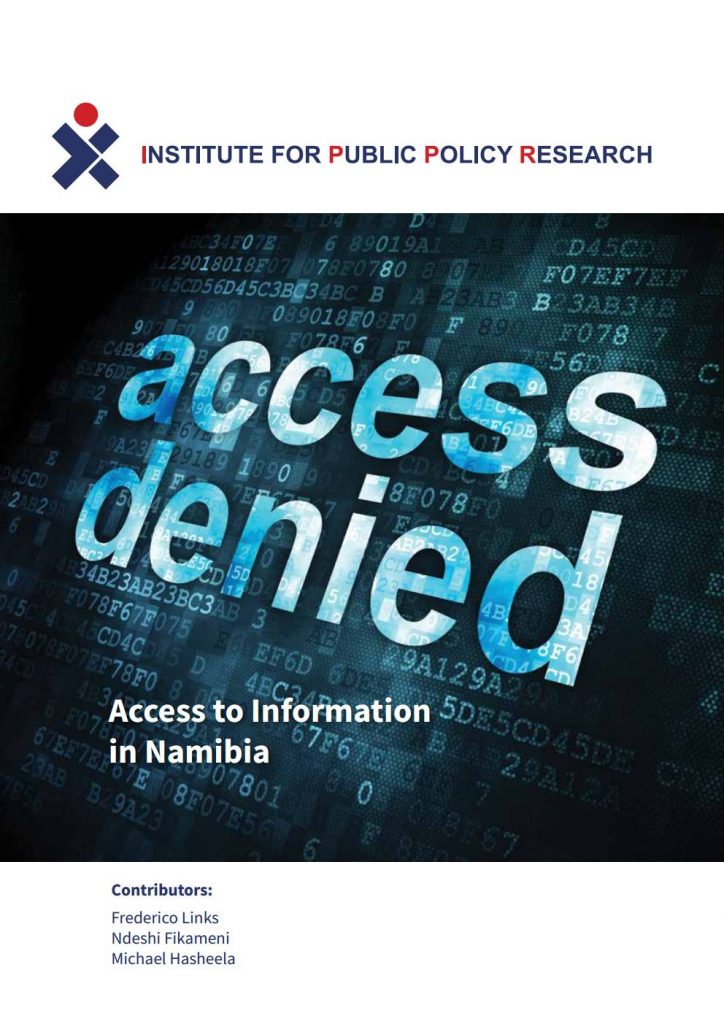
We asked 105 institutions for information – and only a minority answered.
Asset Declarations in Namibia
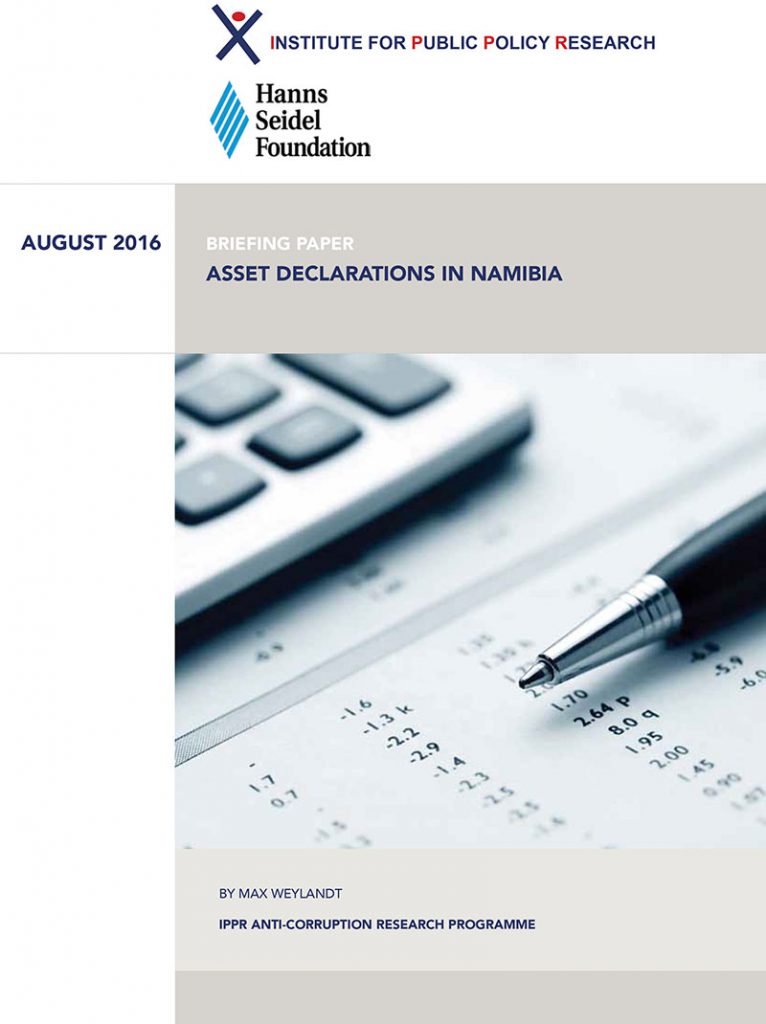
Namibia is lagging behind on asset declaration. What can be done about it?
